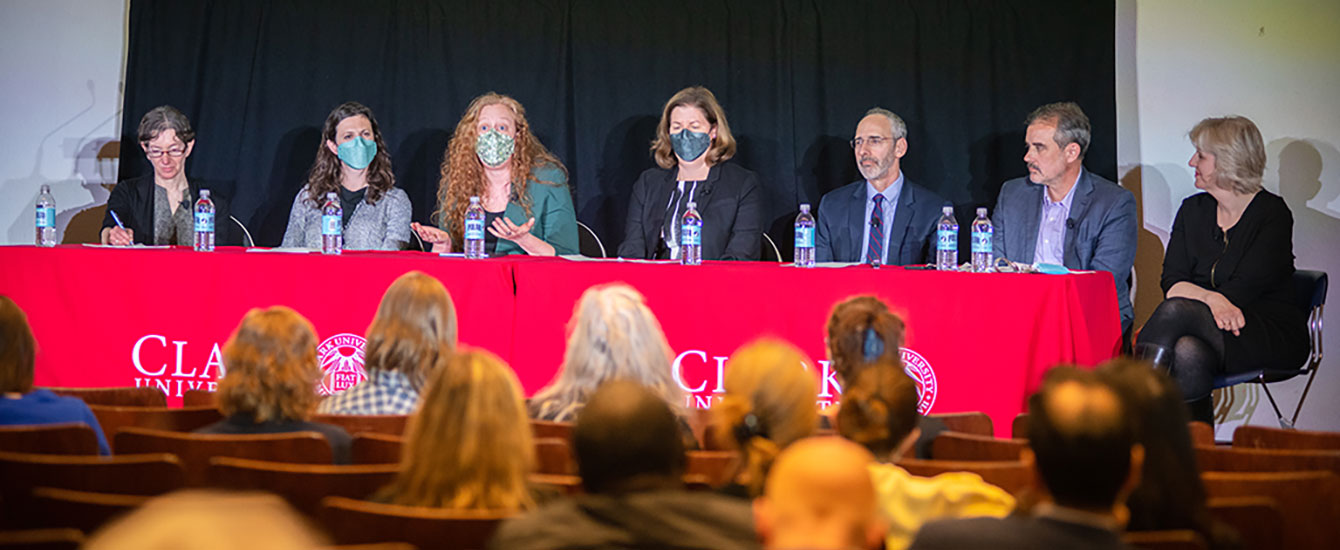Political Science
Independent expenditures in congressional primaries after Citizens United: Implications for interest groups, incumbents and political parties
Document Type
Article
Abstract
This article examines how Citizens United affected the balance of power among 'outside' groups in congressional primaries through 2014. Contrary to predictions of massive independent expenditures (IEs) by large corporations, the article documents: (i) an increase in the number and diversity of IE groups together with a decreased concentration of effort among them; (ii) a relative decrease in the power of factional outsiders; (iii) the emergence of ephemeral 'in-and-out' groups; and (iv) among these, the emergence of single-candidate PACs (political action committees), with the most significant growth being among those allied with incumbent office holders. The article also speaks to some of the recent literature on political parties. The Super PACs most closely allied with the congressional party leaders, despite unlimited contributions, continued to choose not to invest in contested primaries, raising doubts about recent arguments to the effect that unlimited contributions to the parties would be likely to make a substantial difference in determining who runs under the party's label in a general election.
Publication Title
Interest Groups and Advocacy
Publication Date
5-2016
Volume
5
Issue
2
First Page
119
Last Page
140
ISSN
2047-7414
DOI
10.1057/iga.2016.1
Keywords
campaign finance, independent expenditures, interest groups, political action committees, political parties, primary elections
Repository Citation
Boatright, Robert G.; Malbin, Michael J.; and Glavin, Brendan, "Independent expenditures in congressional primaries after Citizens United: Implications for interest groups, incumbents and political parties" (2016). Political Science. 46.
https://commons.clarku.edu/faculty_political_science/46



